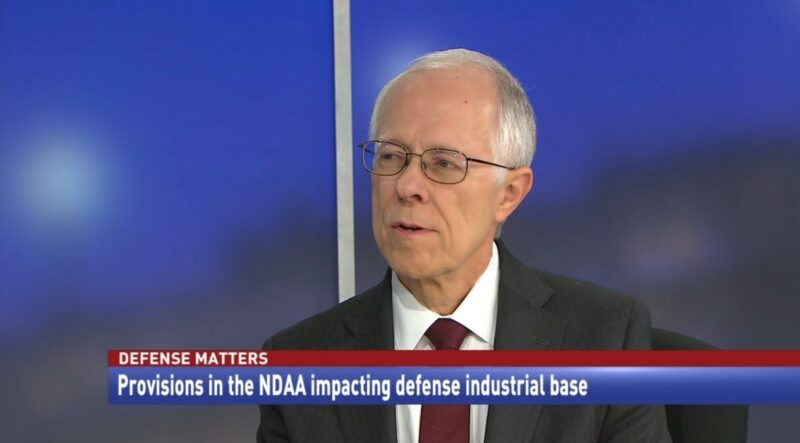
While the Pentagon wants fewer bid protests and a speedier acquisition process, there are certain stipulations in the upcoming National Defense Authorization Act that defense contractors should be concerned about, according to one industry expert.
Discussing key provisions in the NDAA on “Government Matters,” David Berteau, president and CEO of the Professional Services Council, said the most controversial provision is “loser pays” in which a Defense Department pilot program would require the loser of the protest to pay the government’s cost.
“This would potentially minimize the interest of a company in filing a protest,” Berteau said, adding the statics don’t necessarily support that statement. According to a 2017 report by the Government Accountability Office, protests have dropped 7 percent overall, and half the time, protests were valid. In addition to the conflicting stats, Berteau said, “There’s a third element of it, and that is the government doesn’t actually know what its costs are.” Determining that would depend on DOD’s pilot program.
One beneficial provision added to the NDAA is the requirement of DOD to improve debriefings. A good debrief can answer many of the questions contractors have about losing a bid, which in turn could lead to fewer protests filed. While the “loser pays” pilot will take a while to implement, contractors could see the effects of more in-depth debriefing much sooner.
A major provision Berteau worried about involves issuing contracts to contractors convicted of fraud.
“The provision that’s put into place here requires, in fact, an implication of guilt even if there’s been a settlement or an indictment but no prosecution,” he said. “It creates a fuzzy boundary of guilty until proven innocent [that]we think puts an undue burden on contractors.”
To watch the full interview, click here.

